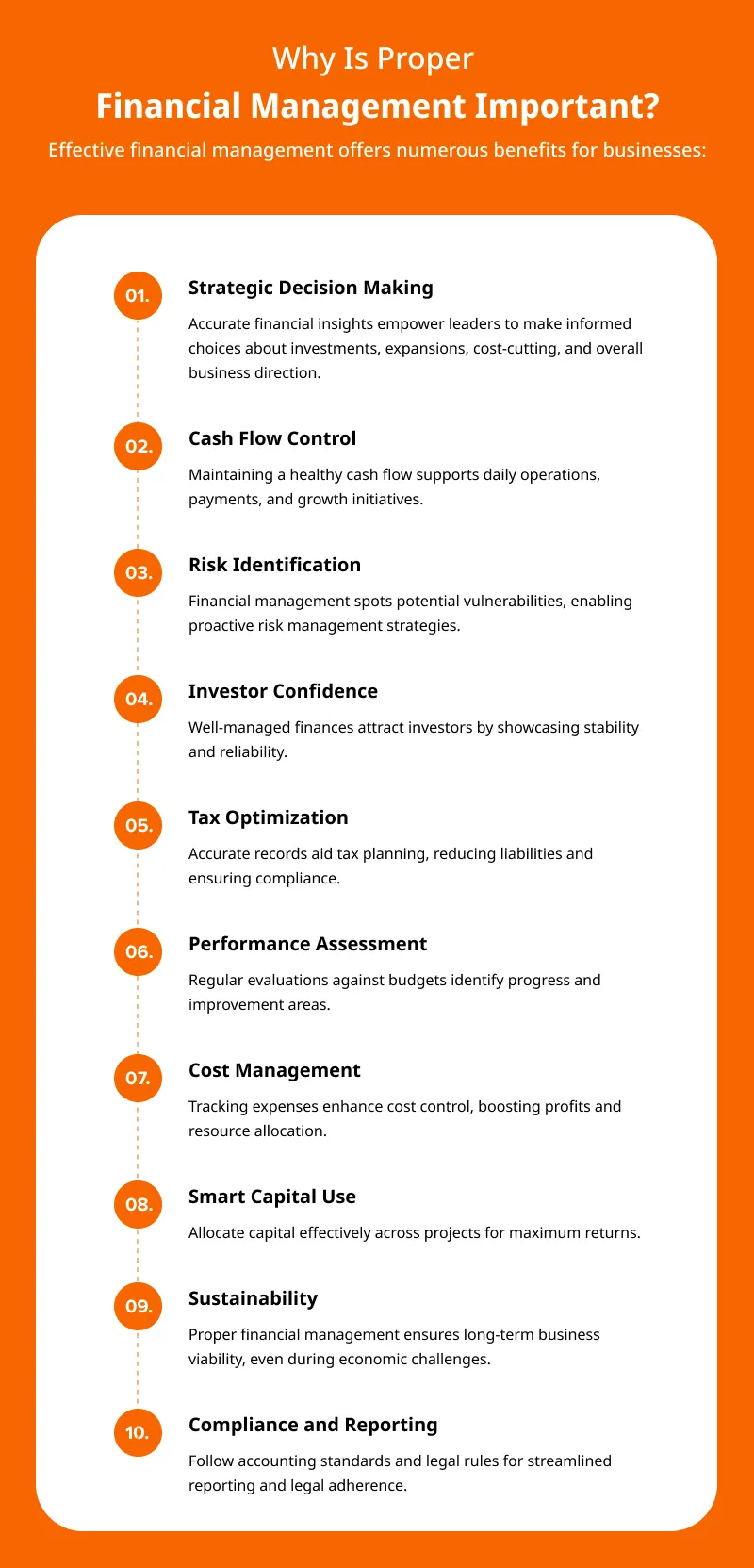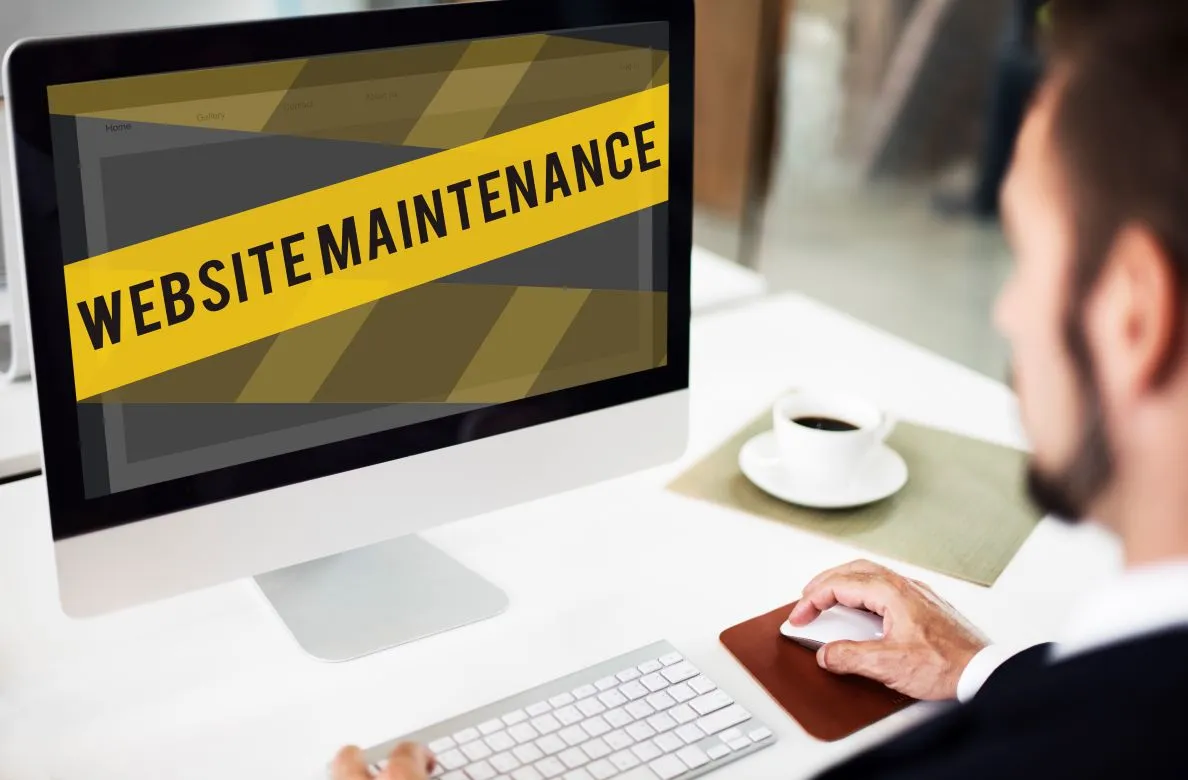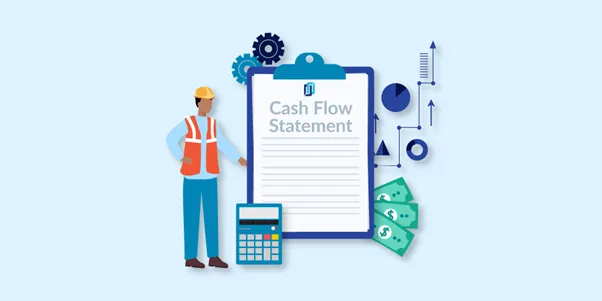Whether you have a startup idea or are already running a business and want to improve your finance management, this blog post will be an insightful read for you.
Financial management is the most important aspect to grow and make your organization renowned. A report by CB Insights says that 38% of businesses fail because they run out of cash.
Any startup that does not plan finances has a very low possibility of becoming successful. Thus, to manage your financial process from the beginning, we have a complete management checklist to help you gain long-term success.
20 Essential Business Expenses
1. Legal and Accounting
Legal and accounting expenses are crucial for every business to maintain compliance and financial accuracy. Employing a trustworthy lawyer guarantees that your company complies with every relevant rule and regulation, protects intellectual property, and manages potential legal problems.
Additionally, spending money on accounting services assures precise bookkeeping, tax preparation, and financial reporting, enabling you to stay on top of your company’s financial health and make informed decisions.
2. Taxes and Legal Fees
Taxes and legal fees are essential components of a business’s financial obligations. Meeting tax obligations promptly and accurately is vital to avoid penalties and maintain better standing with tax authorities.
Legal fees may arise from consultations, contract reviews, or legal issues requiring expert guidance. Allocating funds for these expenses ensures that your business operates within the confines of the law and mitigates potential risks.
3. Employee Wages and Benefits
Employee wages and benefits are fundamental expenses for any business that hires staff. Attracting and retaining skilled and motivated employees requires offering competitive salaries and benefits packages.
Allocating funds for wages, health insurance, retirement plans, paid time off, and other perks is essential for creating a positive work environment and driving employee satisfaction and productivity.
4. Rent and Utilities
Rent and utilities are critical overhead expenses for businesses that operate in physical office spaces. A suitable office location contributes to productivity and accessibility for employees and clients.
Deciding a budget for utilities like electricity, water, internet, heating and cooling, etc., ensures a comfortable and efficient work environment.
5. Insurance Premiums
Investing in insurance coverage protects businesses from potential risks and liabilities.
Types of insurance like general liability, property insurance, and professional liability coverage shield your business from financial losses from accidents, lawsuits, or property damage.
Paying insurance premiums safeguards your company’scompany’s assets and provides peace of mind.
6. Office Equipment and Supplies
Getting necessary office supplies, such as computers, printers, furniture, stationery, pens, and paper.
If all these supplies are readily available to employees, it helps in easily performing the tasks more efficiently. Budgeting for these items ensures your business has the tools and resources to function smoothly.
7. IT Support
IT support services is crucial for businesses to maintain a technological infrastructure in the modern digital age.
Investing in these services helps prevent and address technical issues, ensures data security, and facilitates smooth communication and workflow within the company.
Moreover, allocating funds for IT support helps avoid potential downtime and disruptions to operations.
8. Marketing and Advertising Costs
It is the best and most necessary investment and helps attract many customers, eventually generating revenue for your company and creating brand awareness.
Promotional activities such as marketing campaigns, digital advertising, and social media promotions help reach the target audience pool.
9. Website Development and Maintenance
A well-designed and functional website is a valuable asset for any company, regardless of its size or industry. Investing in website development and maintenance ensures a user-friendly online presence that represents your brand effectively.
Regular updates and improvements keep the website relevant and help attract and retain customers in the digital landscape.
10. Inventory and Cost of Goods Sold
Inventory and cost of goods sold are crucial expenses for any business selling products. Inventory refers to the stock of goods a company holds to meet customer demands.
Cost of goods sold (COGS) includes the direct costs of producing or purchasing these goods, such as raw materials, labor, manufacturing, transportation, marketing, and distribution expenses.
Proper management of inventory and COGS is essential to maintain profitability and meet customer expectations.
11. Travel and Transportation Expenses
Businesses spend money on travel and transportation for various purposes like attending conferences, client meetings, or goods delivery.
Efficient management and budgeting of travel expenses can help businesses strike a balance between fostering important relationships and controlling costs.
12. Professional Development and Education
The professional development of employees is essential for a thriving business. It may include training sessions, workshops, seminars, and educational courses to enhance their skills and knowledge.
By encouraging continuous learning, businesses can improve employee performance, productivity, and overall competitiveness.
13. Communication Expenses
Communication expenses include costs related to maintaining smooth and efficient communication within the organization and with external parties.
It includes phone bills, internet services, video conferencing tools, and other communication infrastructure. Reliable communication is vital for collaboration, decision-making, and customer interactions.
14. Research and Development Costs
Allocating funds for research and development is essential to innovate and stay competitive. R&D costs include prototyping, product development, testing, and market analysis.
15. Shipping and Freight
E-commerce, retail, and wholesale businesses spend money on shipping and freight. When a product leaves your place to go to a customer or comes from a seller to your place, you pay for this service.
This expense covers transportation fees, packing stuff, and any extra fees related to moving the products. It’s important to manage these costs well so things arrive on time and you still make money.
16. Loan and Interest Payments
Businesses may take loans to fund operations, expansions, or acquisitions. Regular loan and interest payments are critical to maintaining a healthy financial standing and building a good credit history.
17. Bank Fees and Charges
Maintaining a business bank account often incurs various fees and charges. These include transaction fees, overdraft charges, monthly maintenance fees, and wire transfer fees.
Monitoring and managing these costs help optimize the use of banking services.
18. Subscriptions and Memberships
Businesses often subscribe to various services or become members of industry organizations to access valuable resources, networks, and tools.
These subscription and membership fees should be evaluated based on their benefits and relevance to the business’s objectives.
19. Contingency Fund and Emergency Expenses
Creating a contingency fund is essential for handling unexpected events and emergencies.
Having financial reserves helps businesses stay afloat during challenging times, such as economic downturns, natural disasters, or unforeseen market shifts.
20. Miscellaneous Expenses
Office supplies, including paper, pens, printer ink, stationery, and other office materials, are essential to maintain smooth operations.
While seemingly minor, these expenses add up and must be managed to keep overheads under control.
Manage Your Expenses with Invoicera
Whether you are a startup or a large organization, Invoicera, the leading expense management solution, offers a comprehensive platform that empowers businesses to streamline expenses, enhance financial control, and optimize resource allocation.
Key Features
Streamlined Expense Management with Invoicera:
- Real-time Tracking: Easily monitor and categorize expenses for a clearer picture of spending trends and potential cost-saving areas.
- Automated Entry: Say goodbye to manual data input. Invoicera imports expenses automatically, reducing errors and saving time.
- Personalized Categories: Tailor expense categories to your business needs, aligning with departments or projects.
- Approval Workflows: Set up multi-level approval processes to ensure expenses adhere to policies before reimbursement.
- Instant Insights: Access detailed reports and dashboards, analyzing spending by category, project, or time frame.
- Integration: Seamlessly integrate Invoicera with your financial tools for consistent data and enhanced management.
- Security and Compliance: Trust Invoicera’s encryption and security for safeguarding sensitive financial data and compliance assurance.
Final Words
The above checklist can help businesses control their finances and make robust decisions.
Moreover, they can invest in expense management software such as Invoicera to avoid payment delays, properly track invoices, and make the financial process easier.
Checking the Morning Download can supplement these financial checklists by offering insights into daily financial updates for your business strategy.
A planned finance management strategy, when executed along with a tool like Invoicera can significantly increase the chances of success and meeting the desired goals.
Frequently Asked Questions:
-
Why is it essential to manage business expenses effectively?
Effectively managing your company’scompany’s expenses can contribute to its continued success. It also guarantees that resources are appropriately used, profits are maximized, and cash flow remains healthy.
-
What common business expenses should I consider?
Employee salaries and benefits, rent or lease payments, utilities, marketing and advertising charges, office supplies, insurance, equipment maintenance, and inventory expenses are all examples of common business expenses.
-
How can I cut business expenses without compromising quality or productivity?
You need to consider implementing cost-cutting measures such as negotiating with suppliers for better deals, automating repetitive tasks, optimizing inventory levels, encouraging energy-efficient practices, and scrutinizing discretionary spending.
-
Should I invest in financial management software for expense tracking?
Investing in financial management software can be beneficial for expense tracking and analysis. It simplifies the process, enhances accuracy, and provides valuable insights into spending patterns, making it easier to manage expenses effectively.
















